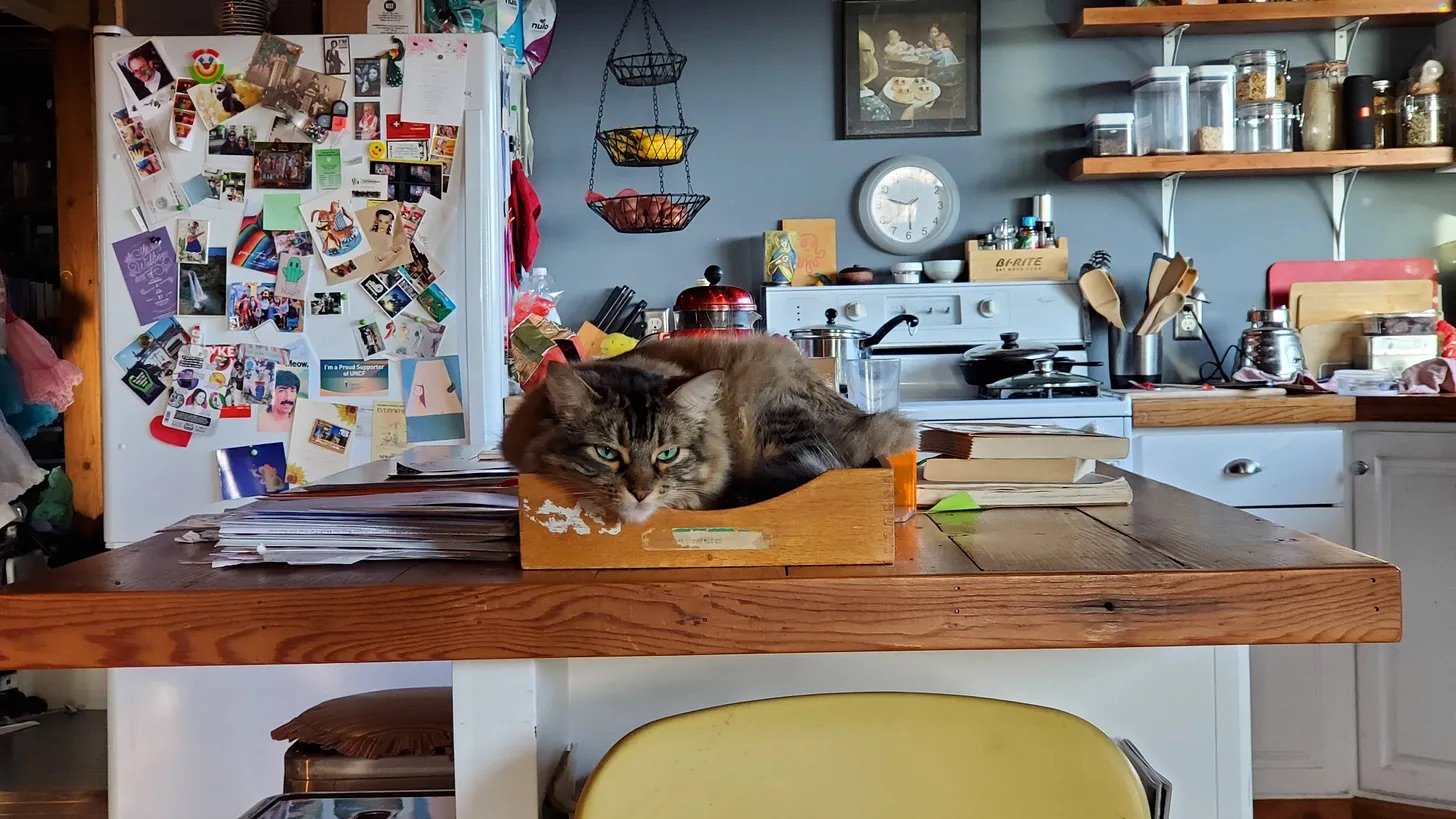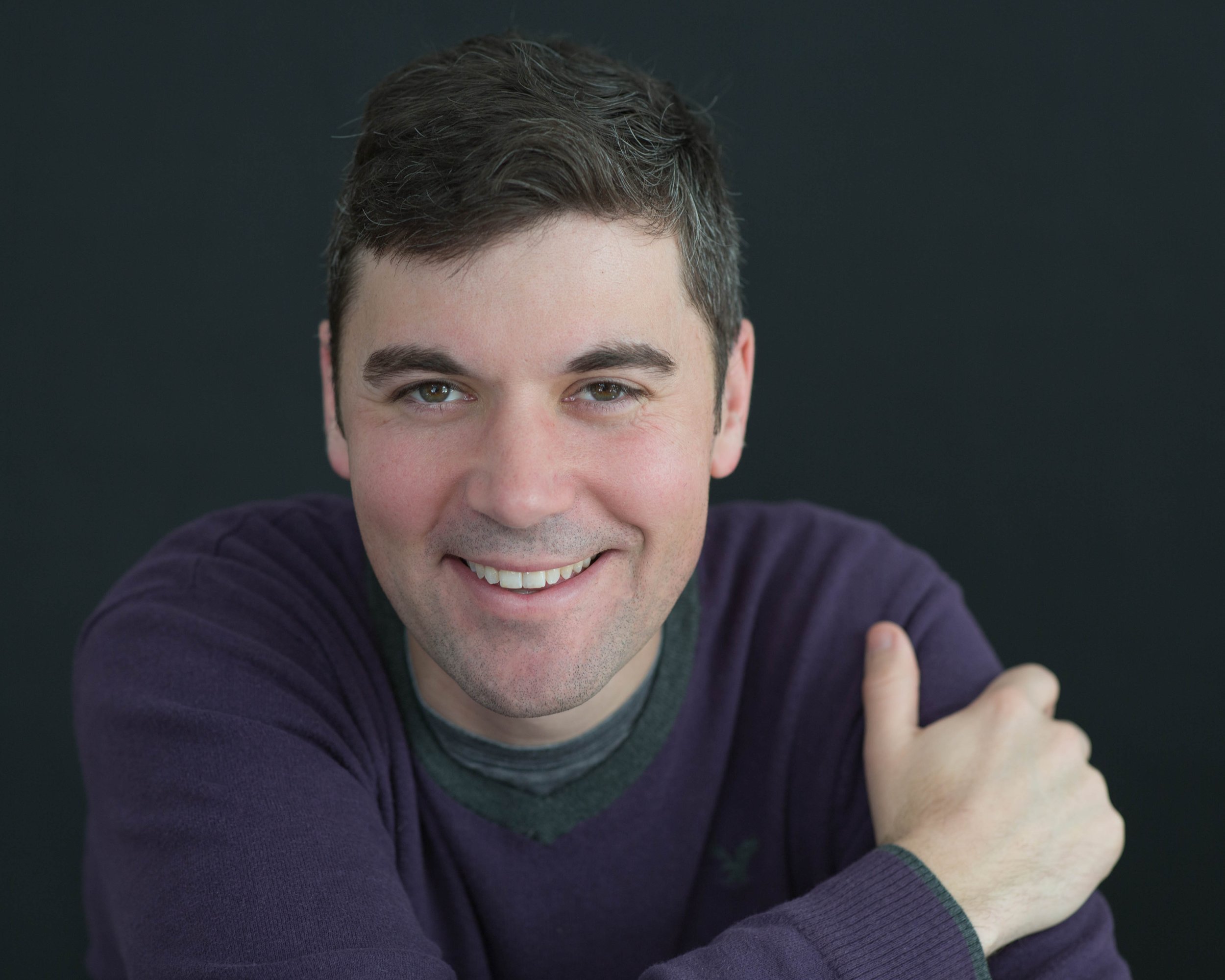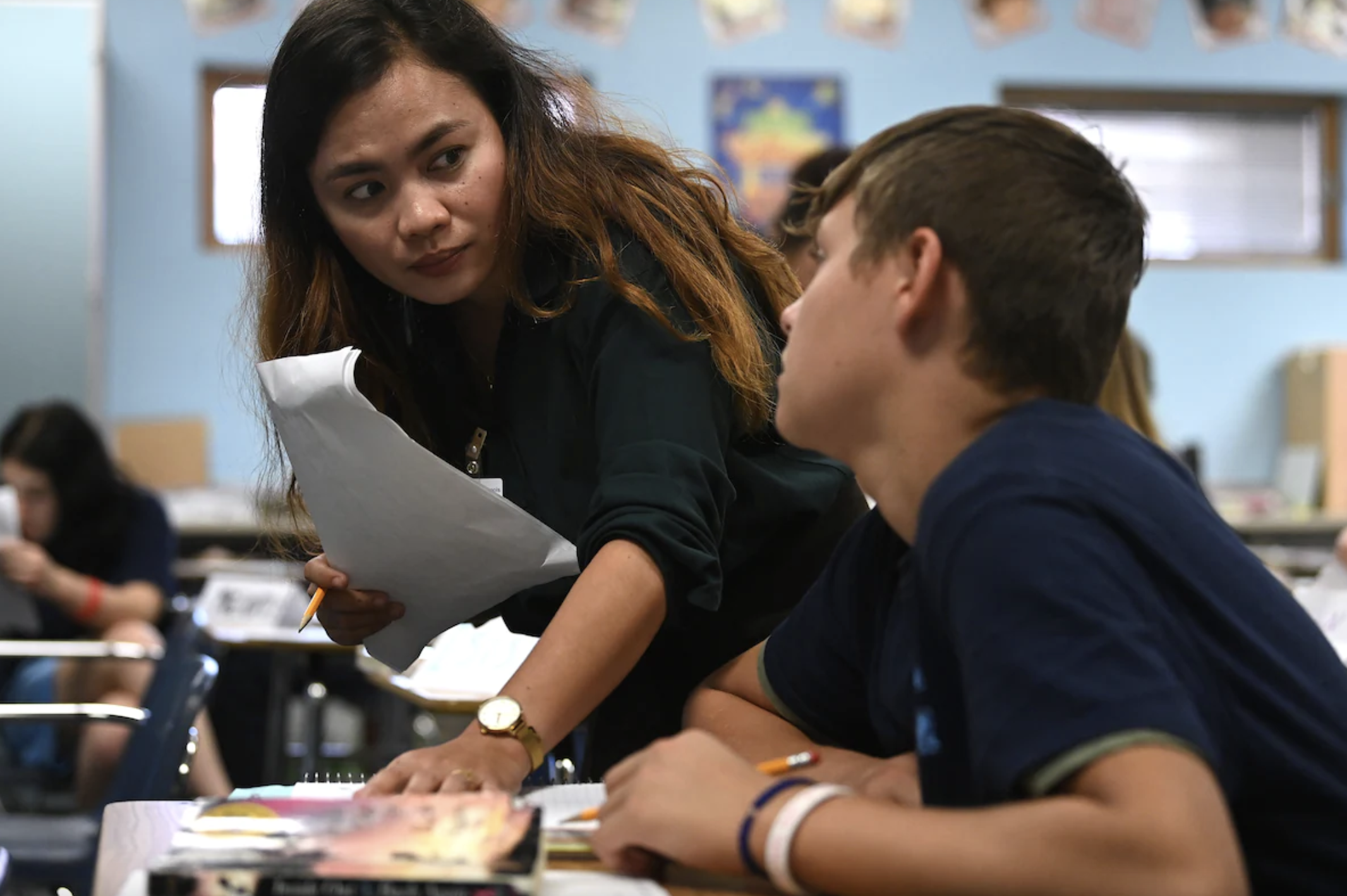Pretty soon it’s Thanksgiving, so I’m appreciating you early for opening this newsletter Thursday after Thursday, for reading the articles, and for participating in Article Club. I’m grateful for our reading community.
This week I have three great articles for you. They’re about top surgery, school board shenanigans, and the downfall of college. If you have time to read just one piece, make it “Saying Goodbye To My Chest,” by Naomi Gordon-Loebl. In particular I recommend it if you identify as cisgender or have not had much experience with trans people or trans issues. As we’ve established over and over again, reading is never enough when we’re on a journey of learning and understanding. But it’s a good step toward empathy.
The other articles are great, too — especially if you’re a parent or an educator and you care about the future of public schools and higher education. Please enjoy, and I hope you have a great weekend coming up.
+ I’d love to hear from you! Feel free to let me know how you’re doing and which articles you’re appreciating. It’s easy: All you need to do is email me (if you want to keep things private) or leave a comment (if you want to shout it out to the world).
1️⃣ Saying Goodbye To My Chest
Naomi Gordon-Loebl put on a binder for the first time when she was 14 years old. She liked how the white T-shirt fell against her flat chest. She loved the way she looked and felt. But only seven months ago, fully 20 years later, did Ms. Gordon-Loebl make the appointment for her top surgery. She explains:
I never hated my chest. It’s a perfectly fine chest; a good one, and I’m fond of it, even. It’s been with me for some 21 years. Everywhere my body has traveled, it has come along. Everything I have done, it has done too. It has been a part of me, and in some ways, it always will be. It needs to go now, not because it is wrong, or something worth despising, but simply because it is standing in the way of a life I can no longer postpone.
In this beautifully written account, Ms. Gordon-Loebl shares her journey and explains how she has felt being trans. It’s like “moving through a world where there are invisible rules” that she is always breaking. She writes about washing her hands quickly in the bathroom, getting patted down in the airport security line, and wanting desperately to sleep shirtless. “Sometimes I find myself idly imagining that what I am doing is returning my body to its rightful state,” she writes. (18 min)
Gilly, who belongs to loyal reader Rebecca, enjoys squeezing into boxes and believes strongly that her belly attracts pets. Want your pet to appear here? hltr.co/pets
2️⃣ The Right-Wing Mothers Fuelling The School-Board Wars
You all know about the raucous school board meetings in which parents yell about Critical Race Theory, mask mandates, and books with gay and trans characters. But did you know about Moms for Liberty, the nonprofit organization behind all the fuss? I didn’t think I would appreciate this article, but once I met Robin Steenman, who led an effort in Tennessee claiming that teachers shouldn’t tell their students that male seahorses give birth (they do), I was hooked. The reason? Ms. Steenman doesn’t have kids in the district she despises. Turns out, neither do many of the moms. That doesn’t matter, though. The point is to infiltrate public schools as “joyful warriors.” Author Paige Williams writes, “Right-wing attacks on school boards are less about changing curricula than about undermining the entire public-school system, in the hope of privatizing education.” (40 min)
3️⃣ How Higher Education Lost Its Shine
Back in the day, it was, Go to the best college you get into. Then it was, Go to the college that’s the best match for you – and be sure you can pay for it. Now, neither of those is true. More and more high school seniors are openly questioning the value of college, and fewer and fewer are attending. Inflation, rising college prices, and the pandemic have certainly contributed to the downturn, but the trend began in 2016, when 70 percent of graduates enrolled in college, an all-time high. By 2020, though, the rate had plummeted to 63 percent. This clearly written article explores the reasons young people are no longer as attracted to college as they used to be. The statistics might say that a college degree leads to better economic and health outcomes. But is it worth the money and stress? And isn’t the job at the local Volkswagen factory (or making TikTok videos) the safer way to go? (14 min)
Thank you for reading this week’s issue of The Highlighter Article Club. Hope you liked it. Feel free to share your thoughts and feedback. I’d love to hear from you.
To our two new subscribers – Eli and Corey – I hope you find the newsletter a solid addition to your email inbox. To our long-time subscribers (Janet! Jesse! Jay!), you’re pretty great, too. Loyal reader Kathleen, thank you for sharing the newsletter and getting the word out.
If you like The Highlighter Article Club, please help it grow. I really appreciate your support. Here are some ways you can help out:
📬 Invite your friends. Know someone who’s kind, thoughtful, and loves to read? Share with them today’s issue and urge them to subscribe. Word of mouth is by far the best way to strengthen our reading community. Thank you very much for spreading the word.
☕️ Buy me a coffee to express your appreciation of the newsletter
❤️ Become a VIP member for $3 a month, like Carla and Brad (thank you!). You’ll join an esteemed group of readers who value the mission of The Highlighter Article Club. Plus you’ll receive surprise perks and prizes. (A new T-shirt is coming at HHH.)
On the other hand, if you no longer want to receive this newsletter, please feel free to unsubscribe. See you next Thursday at 9:10 am PT!










